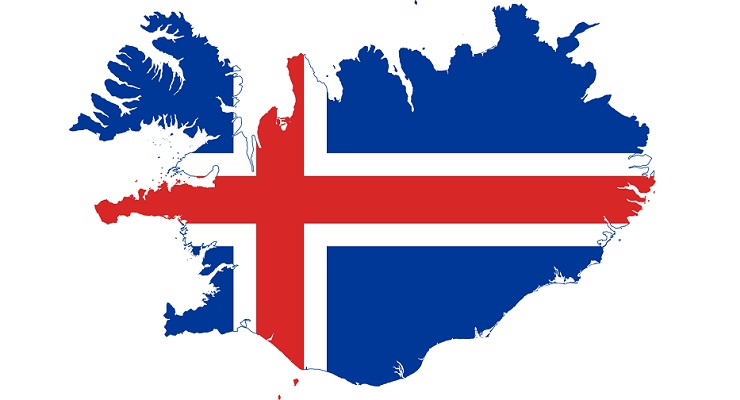
This article in VOX EU is by Thorvaldur Gylfason:
Democracy matters because it is an inalienable part of universal human rights and because it is good for growth and perhaps even equality (Acemoğlu et al. 2014a, 2014b). Recent scholarly work provides ominous accounts of creeping fascism within our societies and how it can spread, including Diamond (2019), Levitsky and Ziblatt (2018), Mounk (2018), Page and Gilens (2017), Runciman (2018), Snyder (2018), and Stanley (2018).1 Many other observers choose to look the other way.
Once again, the Economist Intelligence Unit misses the mark by assigning Iceland a democracy score second only to that of Norway in a group of 167 countries (see Figure 1). Iceland’s score dropped sharply from 2019 to 2020, true, but without demoting Iceland from its second-place finish among the Nordics as well as across the globe. This score is too high, for at least two reasons.
First, the EIU awards Iceland a top score of 10 for “electoral progress and pluralism” even if votes in rural areas weigh up to twice as much as votes in urban areas, creating a provincial bias in Parliament that has, since 1849, been the source of one of Iceland’s greatest political controversies. This bias has led foreign election observers, including the Organization for Security and Co-operation in Europe (OSCE), repeatedly to declare the unequal weight of votes in parliamentary elections in Iceland on such a scale to constitute a violation of human rights.
Read the full story here.
Leave a Reply